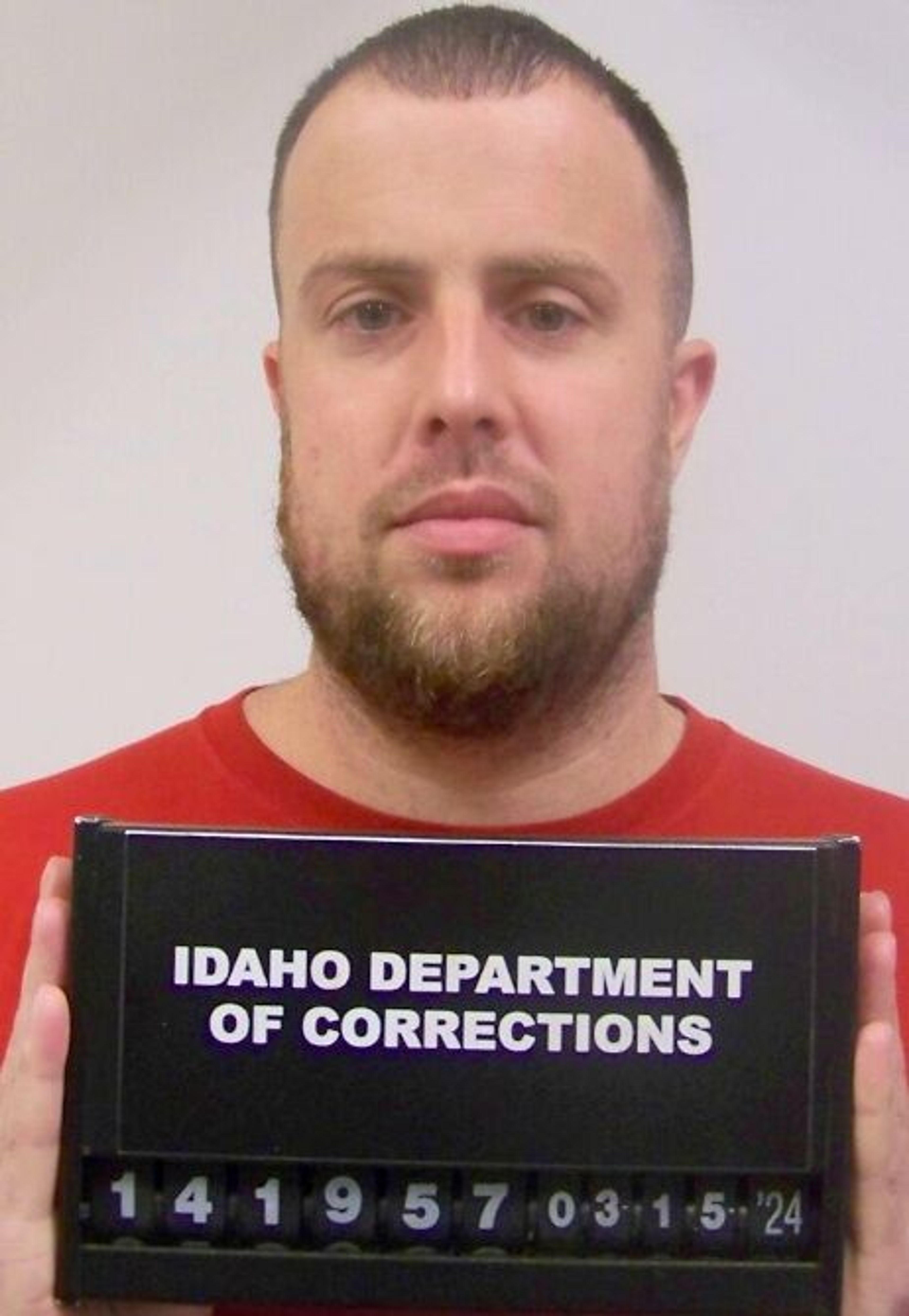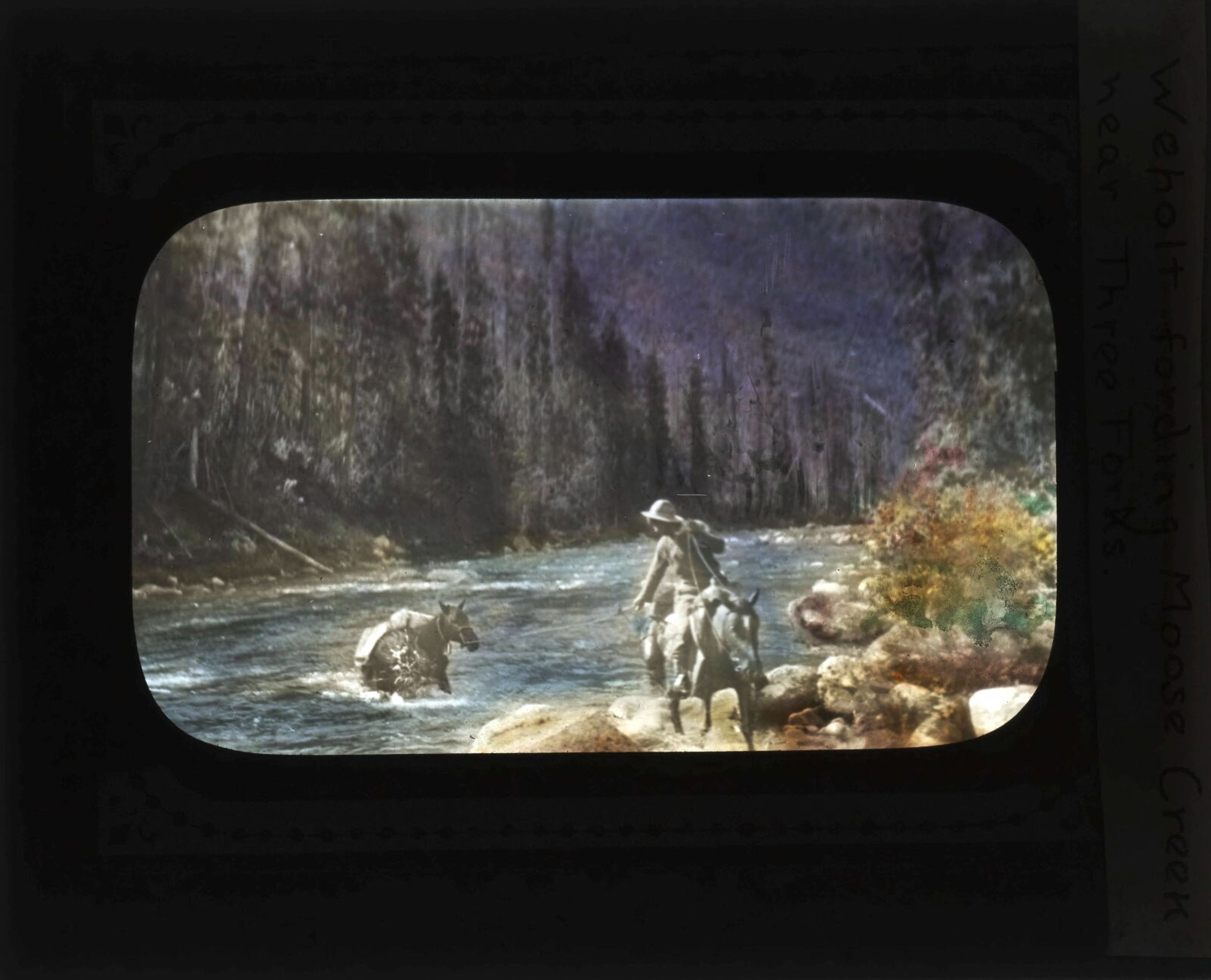Keynote speaker discusses what World War I taught us
Former chairman of the Joint Chiefs speaks at UI
"I'll confess, I was one of those - this was a long time ago now - one of those that thought well, World War I was a long time ago, it was about trench warfare, who cares? World War II is a lot more relevant. In fact, that is exactly wrong," said Gen. Richard Myers, the retired 15th chairman of the Joint Chiefs of Staff.
Myers, keynote speaker at the Borah Symposium Wednesday night at the University of Idaho Student Union Building, served over 40 years in the Air Force. As chairman of the Joint Chiefs, the four-star general was the principal military adviser to President George W. Bush during the 2003 invasion of Iraq.
Myers said WWI has affected the way we live and the way we act. It provided lessons for today.
"I don't think you can overstate how important it has been to our development as a country, to our involvement in the world," he said. "It is quite a remarkable period."
Myers said we can look at the impacts of WWI from a geopolitical sense, understanding the way it impacted nationalism, economic imperialism and diplomacy.
He said women's suffrage was spurred by WWI, as women went to factories to replace the men out on duty. Many women found they could do the jobs men did. Myers said WWI was responsible for the undoing of classes because "all classes suffered and when you all suffer you are all more alike."
He related the war to modern fashion and the evolution of the Burberry trenchcoat worn by British officers in the trenches. On the side of the coat were little brass rings that they would hang their grenades on, a feature that is still there today.
"I do not have one; I will buy one," he said.
We use common language that comes directly from WWI, such as "in the trenches" and "over the top," which meant coming out of the trenches and entering no-man's land, Myers said.
Myers told the story of WWI and the effect it had on the globe through the eyes of George C. Marshall, the third U.S. Secretary of Defense, Chief of Staff of the Army and Secretary of State in the early 1900s and "one of the greatest public servants, ever."
Myers said when WWI started, the Navy was relatively prepared and the Army was not prepared at all. He said that was similar to the situation we had entering Iraq in 2002-03.
On Nov. 18, 1918, Marshall was quoted as saying instead of 500 tanks, they had 18. Almost 100 years before Iraq, Marshall was making the same observations that our forces were not prepared for what they were entering, and we paid for it with lives, limbs and an inability to properly train, Myers said.
"Thinking about how Congress is looking at the military today and I am wondering if they understand what preparedness means," Myers said.
"If you have to go unprepared you will take more casualties and more civilian lives," Myers said. "If you want to think about preserving peace, then strength is important and that is more than having numbers - you have to be prepared."
Myers said as a general the main laws of war he dealt with had to do with making sure those who were not combatants - civilians and civilian property - were not harmed during military activity.
He said they wrestled with the military necessity of a target, the distinction between combatant and non-combatant and proportionality - if striking a bridge means 10,000 civilian lives would lost, it might not be deemed a military objective because the outcome is not proportionate to the civilian deaths, he said.
He said WWI was horrific in terms of deaths. In WWII there were a lot of incidents such as fire bombs in Germany and Japan that would not pass muster today, and in the Korean war we bombed dams, which we would not do anymore.
"War is never going to be humane - it is just not - but we can certainly, hopefully, control the involvement of noncombatants and that is the whole logic," Myers said.
Sunny Browning can be reached at (208) 883-4639, or by email to sbrowning@dnews.com.









